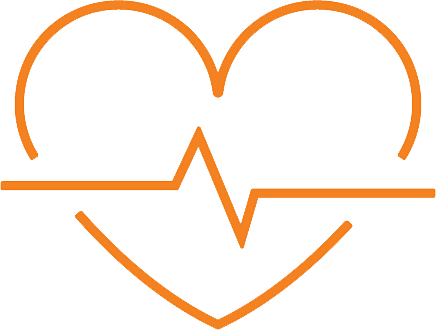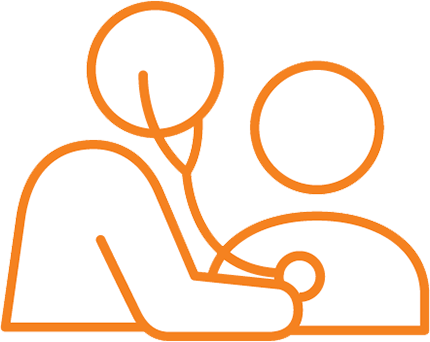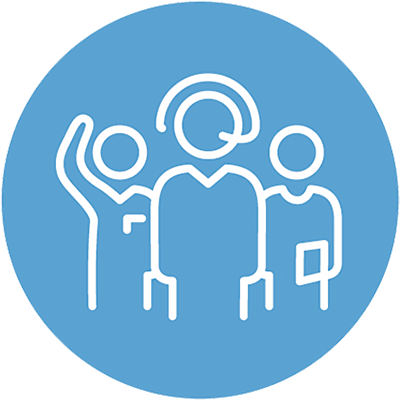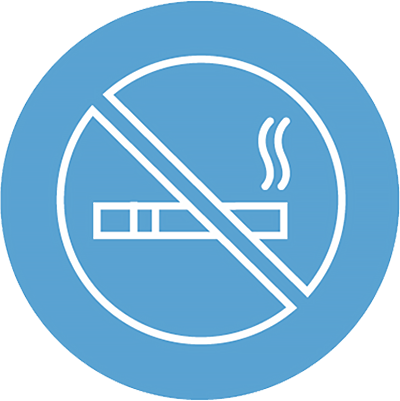Stopping tobacco use — including smoking cigarettes, using e-cigarettes and chewing tobacco — is one of the best steps you can take toward better health.

24 hours after you stop smoking, your chance of heart attack goes down.

Within months, your lungs are working better and improve your overall health.

In the first year, oral health improves and you have fewer symptoms of gum disease.

After a year without smoking, you have half as much risk of heart disease.
There are many ways to stop smoking, all fully covered:

Your care team
Any provider — physical, mental or dental — would be happy to help you stop smoking. They can help you find good, local programs that work for you and are fully covered. They can also help you decide which medication (such as a nicotine patch or gum) may be a good match for you.

Oregon Tobacco Quit
Line The Quit Line is a free counseling service offered by phone and online chat. Get started at quitnow.net/careoregon or 800-QUIT-NOW (800-784-8669). This is a covered benefit you may use twice in a 12-month period.

Smokefree.gov
smokefree.gov is a national program that offers various tools to help you stop smoking, including online chat and free, encouraging text messages. It’s free to you. Visit the website and choose the service you want to try.
You are more likely to successfully stop smoking if you get help. Using services and medication to stop smoking doubles your chances of being smoke free in the long term.
You are more likely to successfully stop smoking if you get help. Using services and medication to stop smoking doubles your chances of being smoke free in the long term.
Download this information in the language of your choice:Make a plan
Quit for Life, the web resources listed below and your PCP will help you with planning a good way to go smoke-free. You may want to taper down before quitting entirely.
- Be clear about why you want to quit. What are your immediate goals? What’s your long-term goal? What will help you stay motivated?
- Pay attention to your triggers. How can you avoid them?
- Let others know so they can support you. This is a time when the support of those around you makes a big difference.
More resources
- Smokefree: smokefree.gov/
- Smokefree text messaging support: smokefree.gov/smokefreetxt
- The National Institutes of Health: nlm.nih.gov/medlineplus/ency/article/001992.htm
You are always welcome to ask CareOregon Customer Service about benefits, too. Call 800-224-4840, TTY 711.

